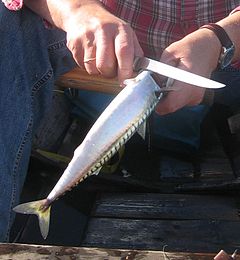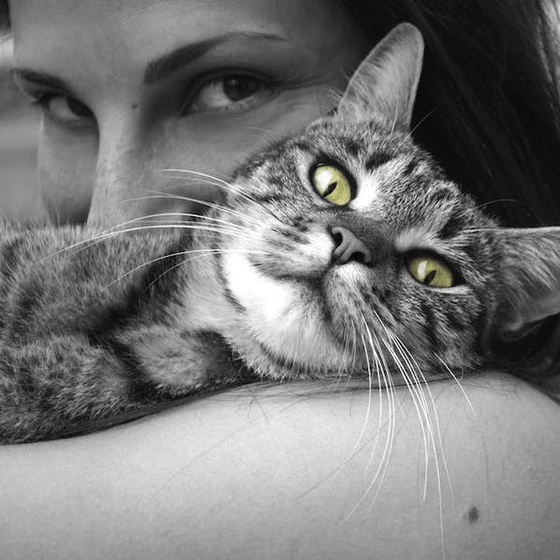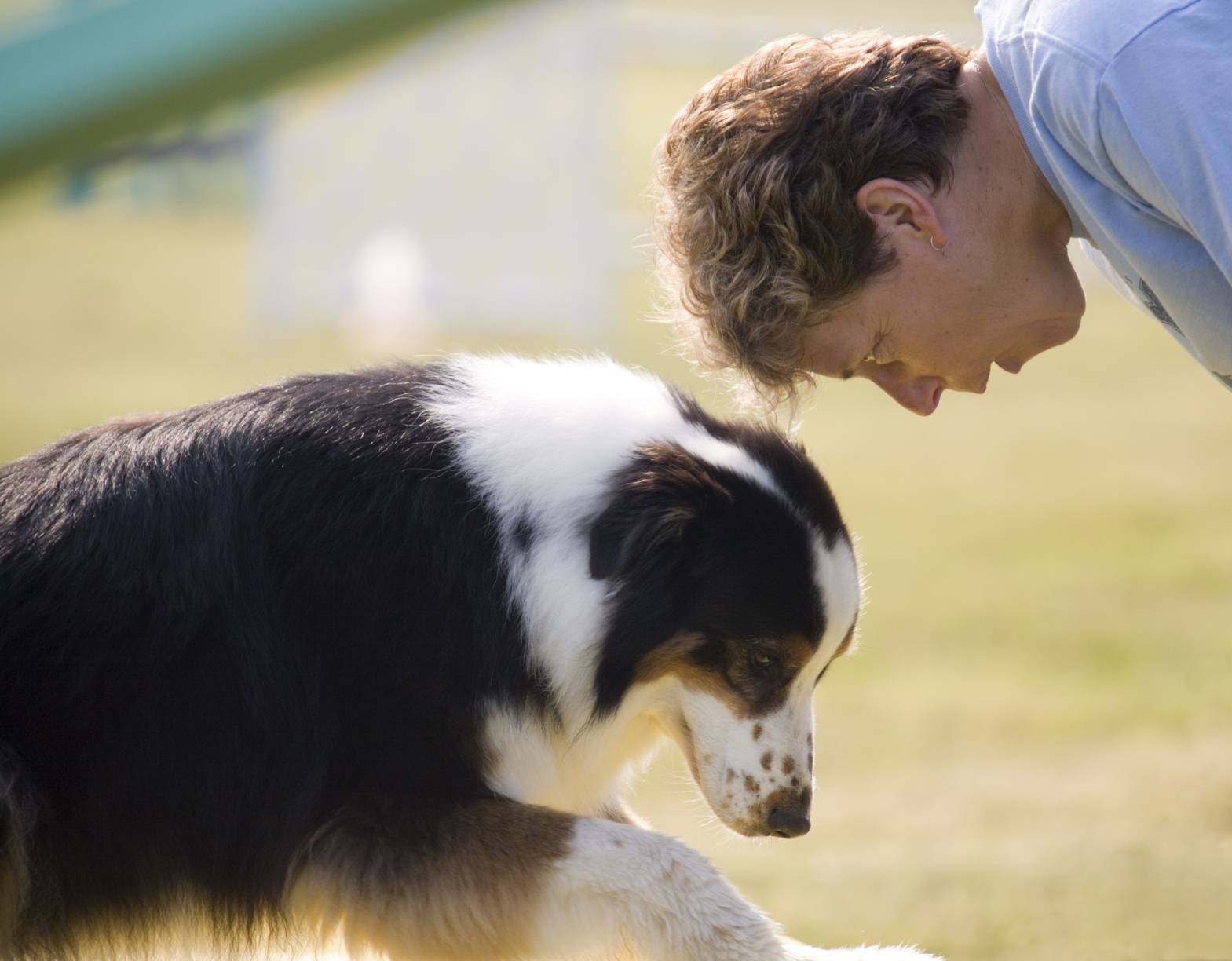 A quick follow-up to last week’s post about the dancing squid. An interesting related post was made on the Seed of Reason blog in 2009. The post speaks of the danger of basing too much of our conclusions about the lives of animals on direct observation — which I would count as including our intuitions about (say) whether a squid is alive or not.
A quick follow-up to last week’s post about the dancing squid. An interesting related post was made on the Seed of Reason blog in 2009. The post speaks of the danger of basing too much of our conclusions about the lives of animals on direct observation — which I would count as including our intuitions about (say) whether a squid is alive or not.
Animals have a tendency to think outside of our cultural boxes in their choice of behaviors. Consider another experiment in which the experimenters attempted to teach a primate how to make stone tools (with which they could cut a string that would allow them access to a food reward). The primate was shown how to knock rocks together to make a sophisticated stone tool. The primate was shown how the tool could be used to cut the rope to access the treat. Then the primate was given two stones, and the treat, string were reset. The primate dropped the stone on the floor, retrieved a sharp shard and used it to get the treat. The experimenters carpeted the floor to prevent this unintended solution to the problem. The primate then located the edge of the carpet, lifted it up and dropped the stone onto the floor again. The experimenters subsequently glued the carpet to the floor. The primate just dropped one stone onto the other and the experimenters had to admit defeat. The point here is that the primate was behaving intelligently but did not see the task in the same way as the experimenters.
The author finds examples of how pure observation might be misleading. In humans, seeing a middle-aged man refuse to get a lump checked out by a doctor might lead us to think the man doesn’t fear cancer! Similarly, animals are often seen as less intelligent if they’re harder to train, whereas they might simply be uncooperative. “Animals that do not recognize themselves in the mirror might just not care enough about their own appearance to react in the way we expect them to. Animals that engage in posturing behavior in front of a mirror may be doing this because they enjoy practicing behaviors (people do similar things). The point is, that we really don’t know, why animals engage in the behaviors they do.”

The whole post is worth a read.
The squid example shows how our judgement about life can misfire. Perhaps similar misfirings about animal distress are suffering. I’ve seen the point made, and it’s a good one, that part of the reason we are less empathetic to say the dismemberment of some animals is that they do not scream or squeal or struggle in a way that fits in with our anthropomorphic expectations. I would at least predict that in a parallel universe where fish squealed and screamed like piglets when being gutted, less people would draw the line of what to eat “above” fish and “below” mammals.
I believe that one day we’ll have a robust theory of mind which will include the minds of animals and will enable us to make well-supported judgements on what an animal is feeling or why animals do what they do. Until then, the best we can do is admit that many of our current views are not well-supported and stem from animal behaviour that may or may not be arbitrary in terms of what’s in question (eg. is the animal feeling pain or not).





0 Comments